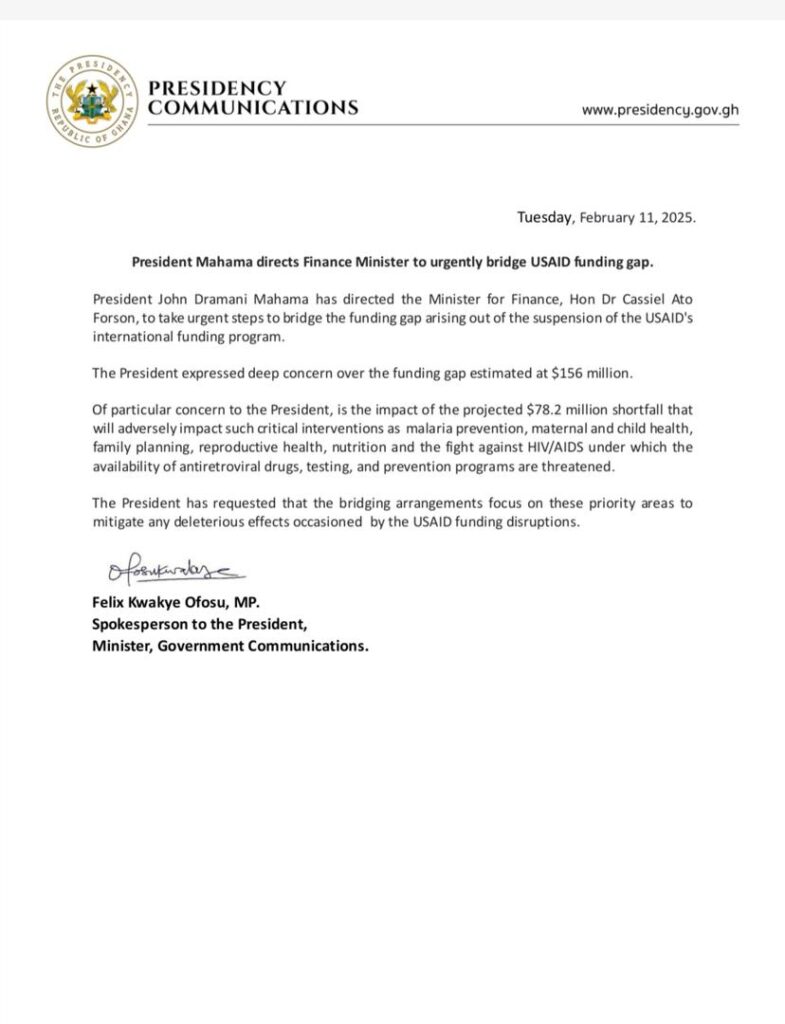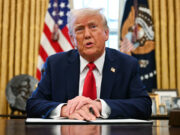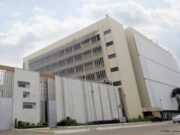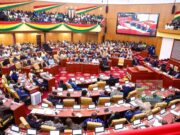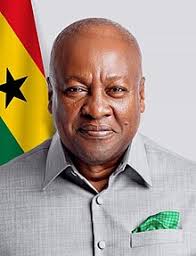President John Mahama has directed the Finance Minister to resolve a $156 million United States Agency for International Development (USAID) funding gap.
The shortfall follows the suspension of the United States Agency for International Development (USAID) program in Ghana.
A February 11 statement from the Presidency warns of serious risks to essential health and social intervention programs.
A $78.2 million deficit threatens malaria prevention, maternal and child healthcare, family planning, reproductive health, and nutrition services.
The funding gap also jeopardizes Ghana’s HIV/AIDS response, limiting access to antiretroviral drugs, testing, and preventive care.
To prevent disruptions, Mahama has instructed the Finance Ministry to prioritize urgent funding solutions for affected programs.
Background of USAID
The United States Agency for International Development (USAID) is an independent agency of the United States government that is primarily responsible for administering civilian foreign aid and development assistance.
USAID was established in 1961 by President John F. Kennedy to unite several existing foreign assistance organizations and programs under one agency. Statute law places USAID under “the direct authority and policy guidance of the Secretary of State“.[4] It implements programs in global health, disaster relief, socio-economic development, environmental protection, democratic governance and education.
With average annual disbursements of about $23 billion since 2001, USAID is one of the largest official aid agencies in the world and accounts for more than half of all U.S. foreign assistance—the highest in the world in absolute dollar terms. USAID has missions in over 100 countries, primarily in Africa, Asia, Latin America, the Middle East, and Eastern Europe.
In 2025, the second Trump administration announced sweeping changes to USAID. President Donald Trump ordered a near-total freeze on all foreign aid.
See statement below:
